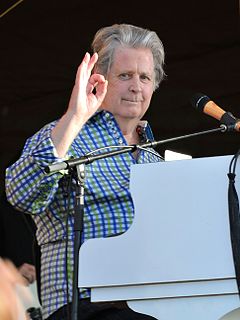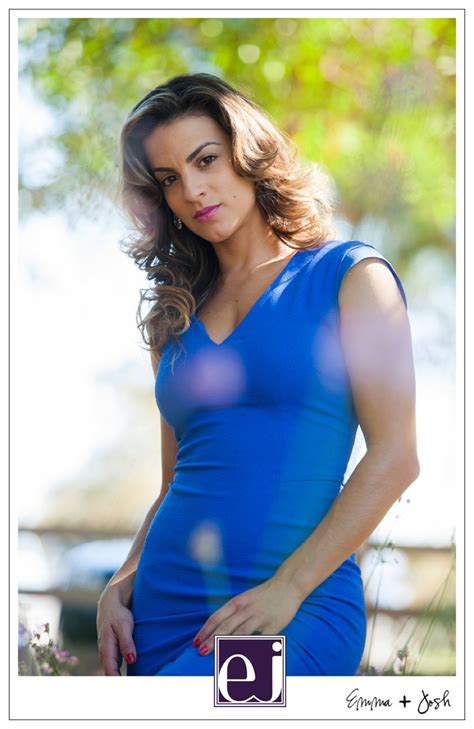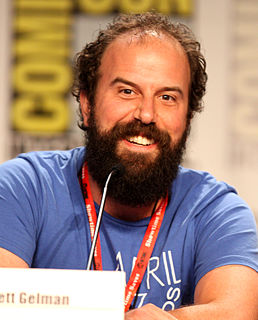A Quote by Brian Wilson
I meditate and I also think about meditation. Which is funny. I think about Maharishi, about just the idea of meditating. It gives me something.
Related Quotes
Meditation means you don't have anything, any object to think about. You are just in a state of absolute aloneness. You don't have anything on which you can focus yourself - not a sutra, not a mantra, not any great value of life, just pure space all around you. Then you are in meditation. Meditation is never about something. Meditation is a state.
When doing a series, I look for something that has an idea you can think about, something that I'm noticing and aware of and thinking about, because when you're doing a series, you think about more than just jokes... you know, when you're doing a comedy, you think about what's going to reflect people's experiences, in a way.
Meditation has become a big part of my life these days. It's more about taking some moments for yourself to deep-breathe and focus your attention inward. This has really helped me because, as a perfectionist, I used to think that if I couldn't meditate in my idea of the perfect way, then it wouldn't work. I now meditate even if it is for three minutes while I'm sitting in the car. Every little bit helps to slow the system.
We're living history all the time, in the papers, in the news, you think about stuff and it goes into your brain and you think about it and it comes out somehow. You have an idea; you've heard a phrase, or you're angry, or something disturbs you, or something seems paradoxical to you, you explore that idea, much like a writer would explore maybe an idea through metaphor. Maybe artists use their vehicle to explore ideas, so I think the things that interest me are the kind of idea of continuous change and how nothing stays the same and it's always disintegrating into something more.
I remember working with Jackie Chan on Shanghai Noon [2000], and when we were working on the script, I thought that my character thought about being an outlaw the way a kid today would think about being a rock star, as a way to impress girls. So it was just kind of a funny idea, but once we had that idea, it changed the character and made it something that was funnier to me to play.
Think about Kennedy. Think about Carter. Think about Clinton. Think about Obama. They've all been in their forties and from outside Washington, or underdogs in one way or another. I just think that Americans are looking everywhere, saying, 'Hey, show me some authenticity. Show me somebody who's practical. Show me people who run things.'
People think, for some reason, that I don't care about creativity and art, or helping people. So I would say that the biggest misconception is, when you think about me, when you think about my name, I don't want you to think about design or clothes or music. I want you to think about a person that's just trying to help people.
One of the things that is always difficult about a collaboration is that you don't necessarily find the same thing funny. And so the challenge becomes, how do you tell the other person that you don't think something's funny? The best collaborations tend to be when you are willing to be told that. But there's also ego involved, and so there's a lot of frustration in knowing that you're writing something, and the other person, on some level, needs to think that it's funny.



































